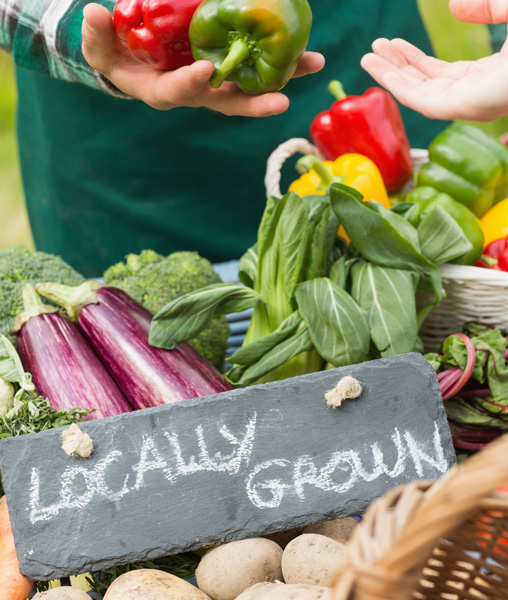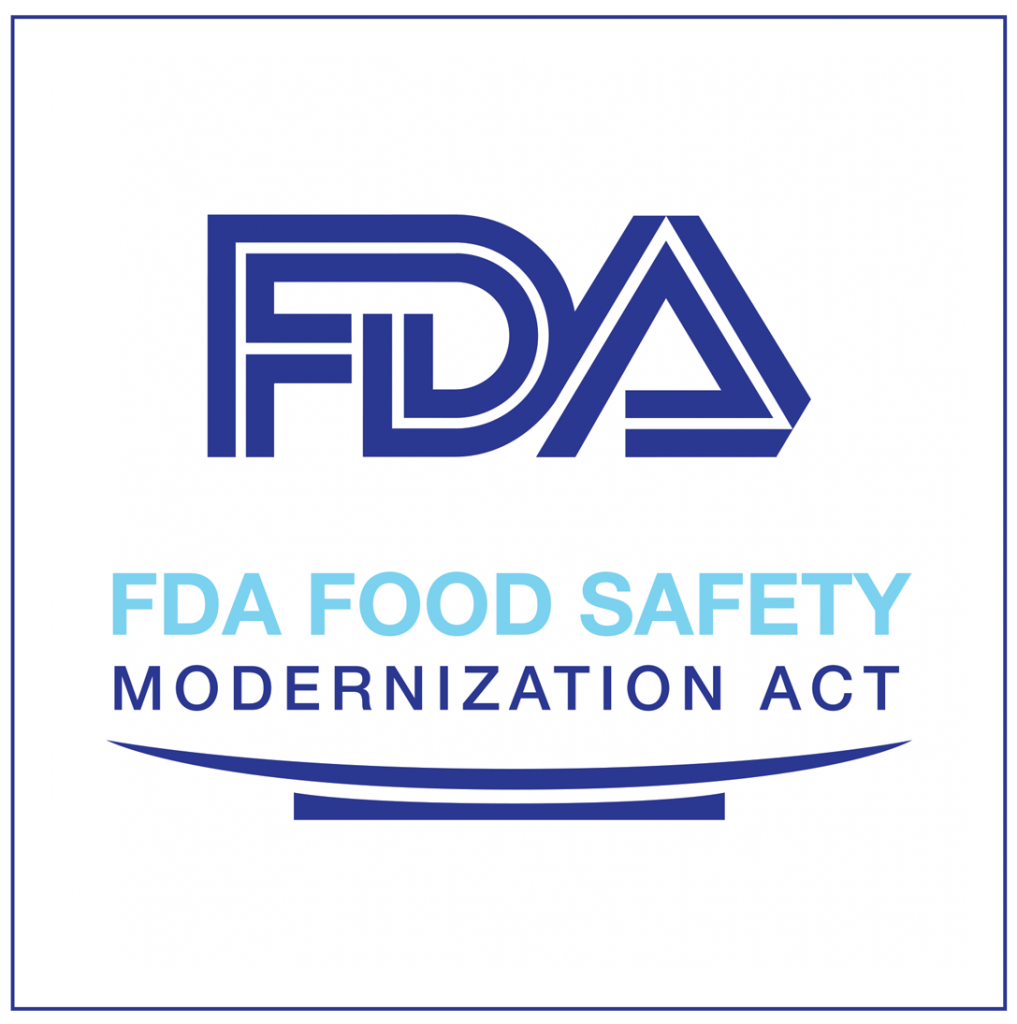Texas Begins Enforcement of Produce Safety Rule – Including for Exempt Farmers

The Texas Department of Agriculture (TDA) has published its final rule on how it will implement the federal Produce Safety Rule in Texas, posted online HERE.
Since the final rule refers to the proposed rule for most of its provisions, you will also need to look at the proposed rule, posted HERE.
You may recall that FARFA submitted comments to TDA during the public comment period. However, the agency essentially ignored them, including our objections to requiring registration of qualified exempt farms. We are looking into a legal challenge to the rule, but until and unless that succeeds, the rule is in force. Here’s what produce growers need to know.
FDA REQUIREMENTS

Most of our members will be either “not covered” (exempt) or “qualified exempt.” But you need to be keeping the appropriate records and potentially more, even if you are exempt.
“Not covered”: A farm that grows and sells fresh produce, but whose gross sales of produce were no more than $25,000 annually on average over the previous three years, is exempt from the Produce Safety Rule. The cut-off is indexed for inflation. For 2019, the inflation-adjusted number is $27,528. In other words, you are exempt if your average gross sales of produce in 2016, 2017, and 2018 were under $27,528. (The cut-offs can be found HERE.)
You are also exempt if you only grow produce that FDA has determined “is rarely consumed raw.” The FDA’s list is: asparagus, black beans, great Northern beans, kidney beans, lima beans, navy beans, pinto beans, garden beets, sugar beets, cashews, sour cherries, chickpeas, cocoa beans, coffee beans, collards, sweet corn, cranberries, dates, dill, eggplants, figs, ginger, hazelnuts, horseradish, lentils, okra, peanuts, pecans, peppermint, potatoes, pumpkins, winter squash, sweet potatoes, and water chestnuts. You can read more about this list HERE.
Similarly, farms that process all of their produce with a kill step (a point in the process that eradicates pathogens, for example canning) or that are selling their produce entirely to a processor who then applies a kill step, are also exempt.
If you do not fall within one of those categories, you are a covered farm – but you still may have a qualified exemption that protects you from having to comply with most of the substantive (and expensive) requirements of the Produce Safety Rule.
A farm is “qualified exempt” if it:
- Grosses less than $500,000 annually (adjusted for inflation) in sales of all food (including live animals) on average over the last three years, and
- Sells more than half to qualified end users, which are:
- Individual customers anywhere. For example, your sales at a farmers’ market, through a CSA, and online sales to individuals all qualify.
- A restaurant or other retail food establishment, which in turn sells directly to consumers, and which is in the same state or within 275 miles of your farm.
For 2019, the inflation-adjusted number for the qualified exemption is $550,551.
FARMER RESPONSIBILITIES
If you are exempt or qualified exempt, you are responsible for knowing your 3-year average sales and being prepared to share that information with TDA or FDA upon request. If you are in the qualified exempt category, you also need to be able to show how much you have made through each sales channel (i.e. farmers markets, CSA or weekly box program, restaurant sales, etc). For any wholesale sales, you will need to distinguish between those that are to qualified end users (i.e. to restaurants or retailers who in turn sell direct to consumers and who are within the required distance of your farm) and those that are to distributors or more distant outlets.

RECORDS: The federal Produce Safety Rule stipulates that if requested, the farmer must be able to produce within 24 hours adequate and legible sales records to justify their exempt or qualified exempt status. These records can be digital or handwritten or a combination. You should also do a comprehensive annual calculation, and sign and date it, as part of your records.
LABELING: Qualified exempt Farms must either label their produce with the farm name and business address or have a sign posted with that information at the point of sale. A vinyl banner at your farmer’s market booth, or the invoice to the restaurant, are examples of how to meet this requirement.
If you do not fall within the exempt or qualified exempt categories, you are subject to the full requirements of the Produce Safety Rule. You will need to attend a certified Grower Training course, which will help you to learn what you need to do to comply. These courses have been offered at FARFA and TOFGA conferences in past years and continue to be offered by TDA.
TDA’s IMPLEMENTATION
TDA is claiming authority to determine the exemption status of the farm and has started contacting farms to determine whether the farm is covered, exempt, or qualified exempt.
When TDA contacts you and conducts an interview about your farm, they are adding your farm to their farm inventory. This is a list of all produce farms in Texas that they will be sharing with FDA. It is important to have your farm placed in the proper category (exempt, qualified exempt, or covered) on this inventory.
Some farmers are reporting that TDA staff are asking all farms about their water sources and whether or not the farm is using compost, manure, or other biological soil amendments, and what crops they are growing. Exempt and qualified exempt farms are not required to provide this information to the agency.
Exempt farms are only required to provide information on their gross sales of produce (for the $25K exemption), or the types of produce being grown (if they are exempt because they only grow produce that is rarely consumed raw). Qualified exempt farms are required to also provide information about sales channels and revenues, to establish their status for an exemption. Providing information beyond that is up to the individual farmer to determine, since that information is not pertinent to TDA’s regulation of your farm under the federal regulation.
If you are exempt or qualified exempt, and you are concerned about handling contact by the TDA (or have already been contacted and are concerned about the information you were asked for), you can email Judith@FarmAndRanchFreedom.org to discuss.